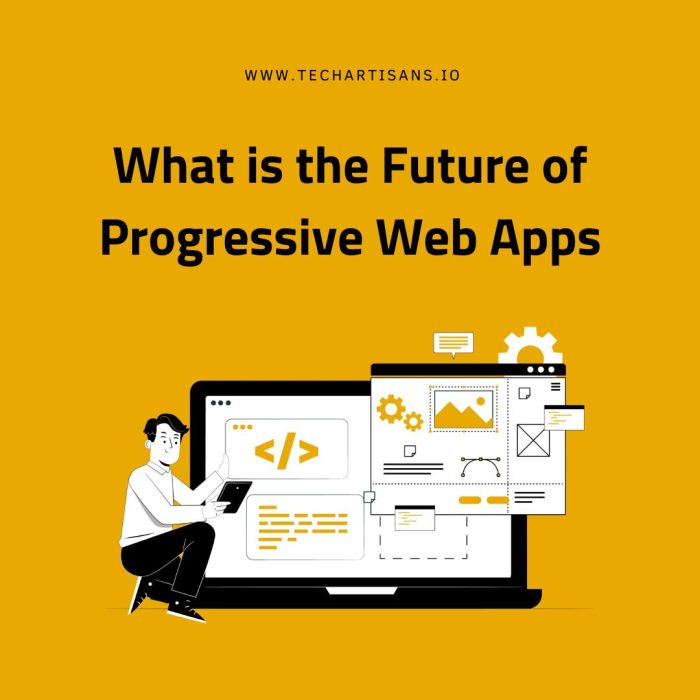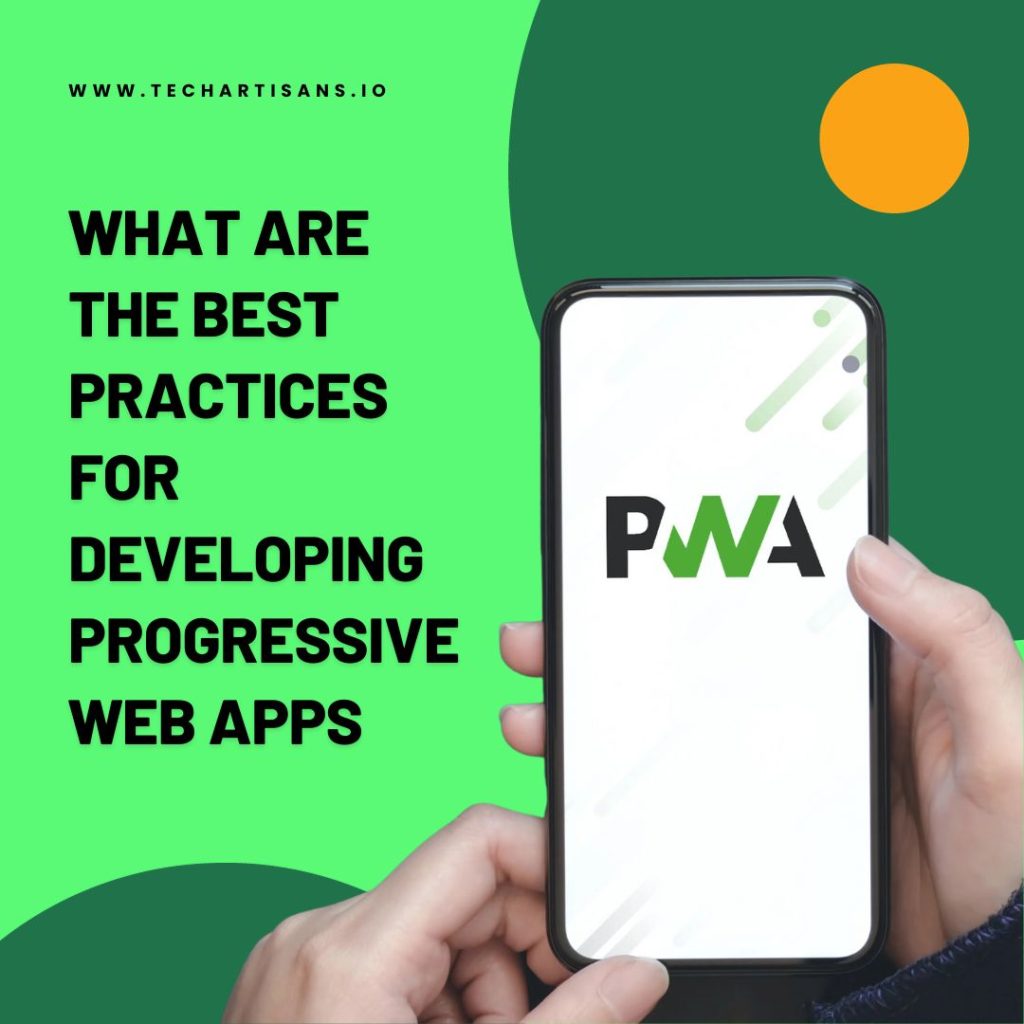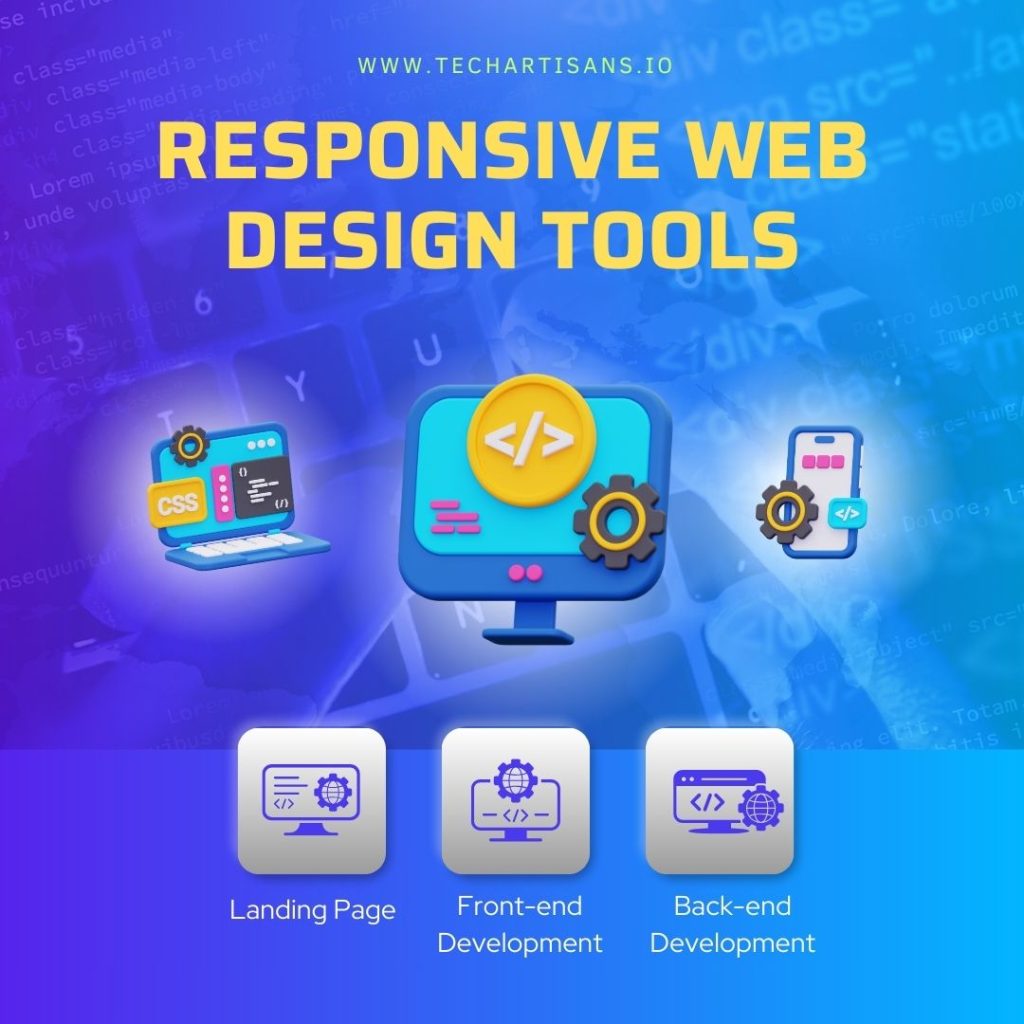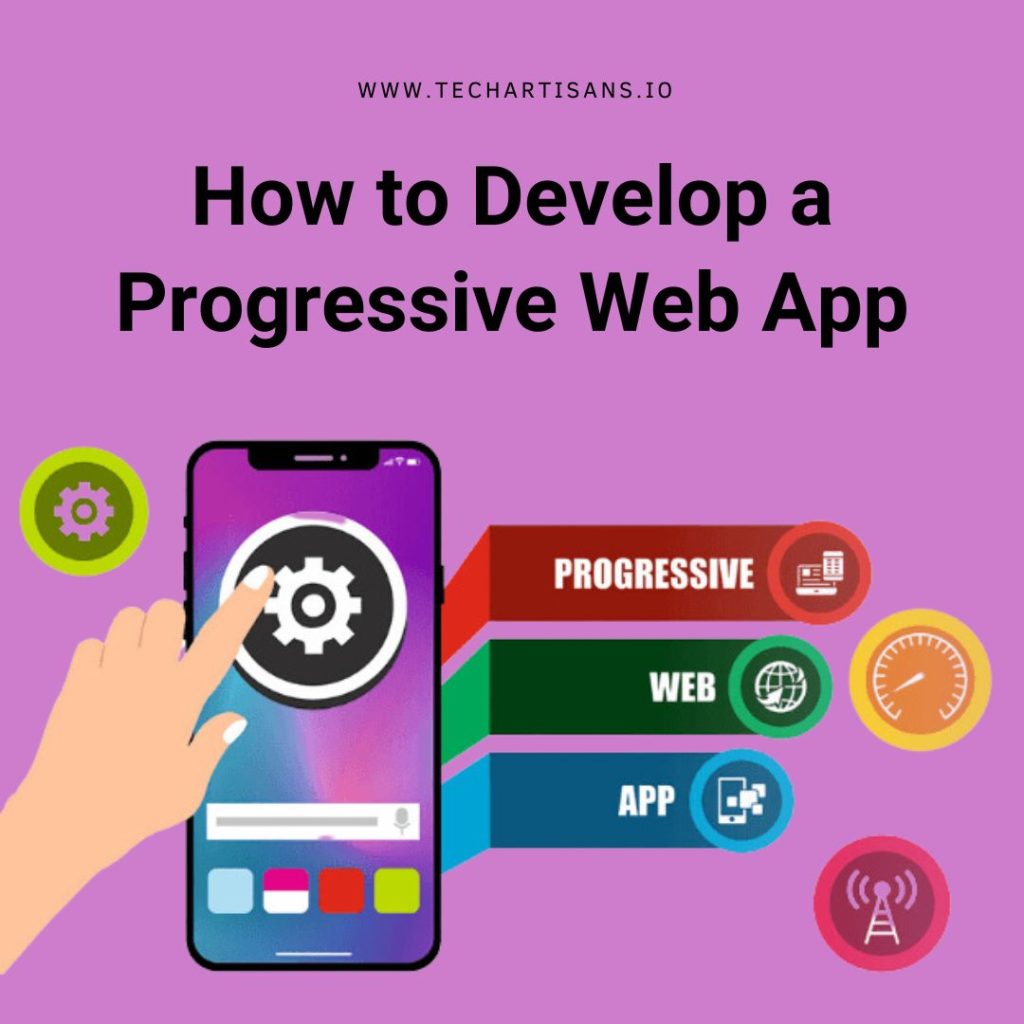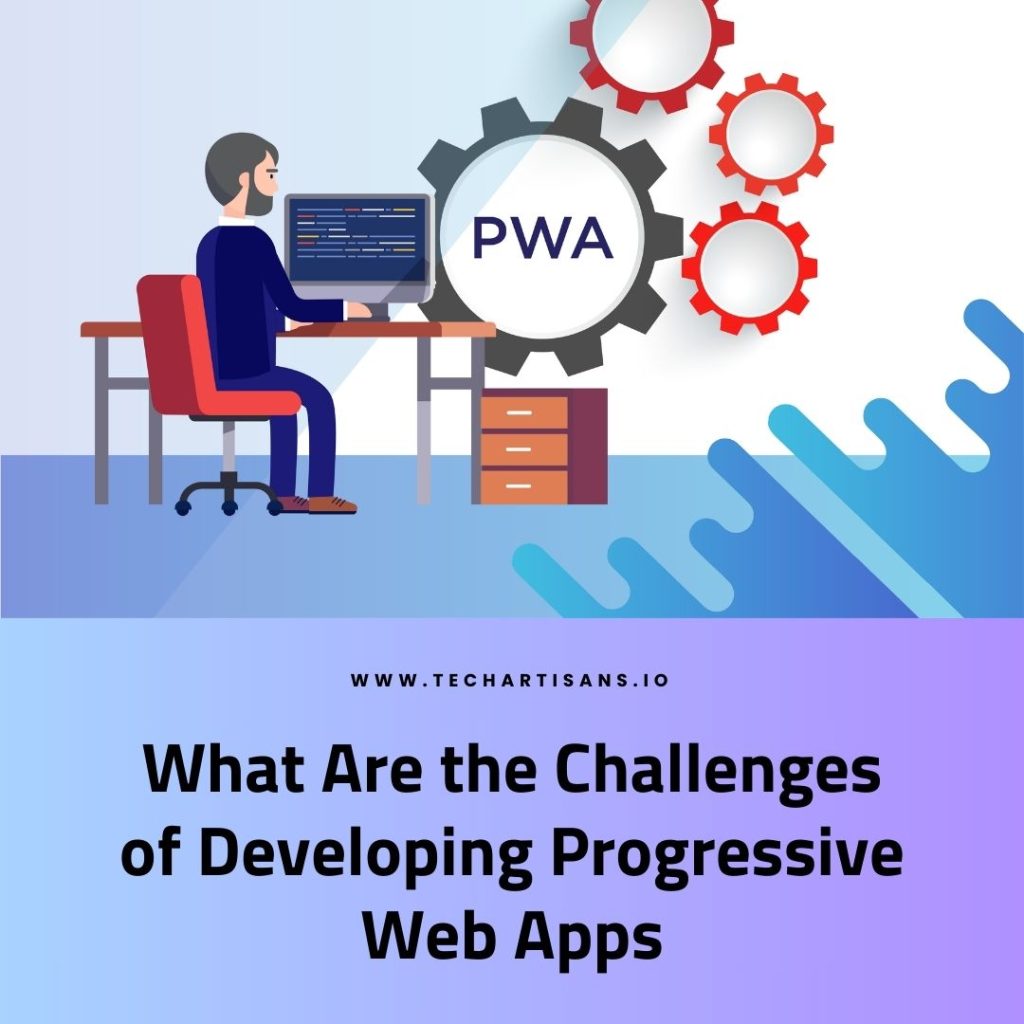Progressive Web Apps (PWAs) represent the next revolution in digital interaction. They are a unique fusion of the high-speed, user-oriented features of native apps with the wide accessibility of websites. Imagine a seamless and reliable web experience that feels like an app installed directly on your device. That’s the power of PWAs. For business owners, especially those heading small to medium-sized enterprises, embracing PWAs can be the key to unlocking untapped digital potential. The future of progressive web apps not only promises a superior user experience but also offers the prospect of improved customer engagement and market growth.
Evolution of Web Apps to PWAs
Let’s delve deeper into understanding how web applications evolved into the PWAs reshaping today’s digital landscape.
Transition From Traditional Web Apps To PWAs
Traditional web apps had their limitations. They required internet connectivity, lacked the power to send push notifications, and could not be accessed offline. This is where Progressive Web Apps (PWAs) brought about an incredible change.
PWAs introduced service workers, a web worker that runs in the background, facilitating offline work, push notifications, and background updates. They also brought the “add to home screen” feature, allowing users to install the app without going through an app store.
PWAs vs. Native Web Apps
Native apps for specific platforms deliver a high-performance, personalized user experience with full access to device features. However, they require downloading and constant updates, which can be inconvenient for users.
On the contrary, PWAs are web-based, platform-independent, and have much of the functionality of native apps. They can work offline, send push notifications, and even be added to the home screen, offering an almost native app-like experience. They don’t need downloading or updating, saving users’ time and device storage.
Business Benefits of Adopting PWAs
Let’s delve deeper into how adopting PWAs can bring positive, transformative changes to your business operations and customer engagement strategies.
Cost-Effectiveness And Quick Market Reach
PWAs offer cost-effective solutions for businesses. Unlike native apps, which require separate development for different platforms, PWAs are built once and run across all platforms, significantly reducing development and maintenance costs. This uniformity also ensures quicker time-to-market, as the need for multiple platform-specific updates is eliminated.
Furthermore, PWAs are instantly available via the web, bypassing the need for app store approval processes. This instant accessibility expedites your app’s reach to the market, gaining you a competitive edge.
Enhanced User Engagement
PWAs enhance user engagement by offering interactive, app-like functionalities combined with the wide reach of the internet. Their lightweight nature means they take up less device storage, making them more appealing to users. Push notifications, offline accessibility, and fast loading times boost engagement, ensuring users keep returning to the app. This potent combination underscores the future of progressive web apps, as they provide an optimized, user-centric experience.
Case studies
Starbucks’ PWA led to a 2x increase in daily active users, with orders placed on the PWA comparable to their desktop platform.
MakeMyTrip experienced a 3x improvement in conversion rates post-PWA.
Uber’s PWA loads quickly, even on 2G networks, expanding its user base.
Pinterest saw a 60% increase in user engagement after launching its PWA.
Spotify’s PWA offers the same functionality as its desktop app, gaining more users. Telegram’s PWA provides a fully-featured chat app experience in the browser.
Trivago’s PWA increased hotel offers clicked by 97%.
Technological Backing and Support for PWAs
Let’s examine the technical support and industry endorsement that significantly boosts the future of Progressive Web Apps.
Support From Major-Tech Entities Like Google
Google, a significant supporter of Progressive Web Apps (PWAs), has been instrumental in their widespread adoption. They have heavily promoted PWAs, driving their development and implementation across multiple platforms.
Google’s investment in PWAs is evident in its Chrome browser’s seamless support of these apps, ensuring optimal performance and user experience. In addition, Google’s extensive resources and tutorials provide developers with easy-to-follow guides for creating efficient and effective PWAs.
Role of Emerging Technologies (5G, AI, AR/VR)
Emerging technologies like 5G, Artificial Intelligence (AI), and Augmented/Virtual Reality (AR/VR) are significantly influencing the future of progressive web apps (PWAs). Faster network speeds enabled by 5G improve web app performance, while AI can personalize user experiences. AR/VR technologies integrated into PWAs can provide immersive experiences, boosting user engagement. Therefore, these advancing technologies amplify the potential of PWAs, underlining their promising future.
Future Outlook for PWAs
Let’s cast a vision for the potential advancements and prevalent trends shaping the future trajectory of PWAs.
Predictions For PWA Growth and Adoption
The adoption of Progressive Web Apps (PWAs) is expected to surge due to their ability to combine the strengths of web and native apps, driven by a growing focus on user experience and performance. The rise of 5G technology will amplify PWA functionality, allowing businesses to offer app-like experiences without app store restrictions. With support from tech giants like Google, the future looks promising for the continued growth of PWAs.
Potential To Replace or Coexist With Native Apps
As we look toward the future, Progressive Web Apps (PWAs) hold substantial potential to either replace or coexist with native apps. Given their cross-platform functionality, enhanced performance, and cost-effectiveness, PWAs could support native apps in many scenarios. Alternatively, in situations requiring deep device integration or complex functionalities, PWAs and native apps might coexist, each catering to specific user needs and business requirements.
Preparing for the Future
To stay competitive, businesses should prioritize strategic planning and investment in progressive web apps. This includes workforce training for PWA development, creating user-centric designs, and utilizing emerging technologies. Furthermore, businesses should explore partnerships with tech entities supporting PWAs and optimize their web apps for search engines to increase visibility. These proactive strategies will prepare companies for a future dominated by PWAs.
Advantages of Progressive Web Apps
Let’s delve into the specific benefits that PWAs offer and why they are set to redefine the future of web interactions.
Progressive Enhancement For Compatibility
Progressive enhancement is a strong strategy to ensure compatibility across all devices and browsers. It starts with a basic, universally compatible version of your web content. Additional advanced functionalities are then layered on top, but only for devices and browsers that can support them. The result? A PWA that offers a rich, app-like experience when accessed from the latest tech but still functions perfectly on older systems. This approach future-proofs your web presence, a key reason why the future of progressive web apps is so bright.
Improved Performance With Wuick Page Loading
PWAs leverage efficient caching via service workers to speed up page load times, resulting in a significant performance boost. They load content only as needed, reducing data usage while operating seamlessly in low-bandwidth or offline scenarios. This quick, virtually uninterrupted user experience makes PWAs a favorite choice among businesses, asserting the progressive future of web apps.
Responsive and Adaptive Design
Responsive and adaptive design elements are integral to PWAs. Responsive design ensures the app’s layout adjusts fluidly across different screen sizes, offering an optimal viewing experience. Adaptive design, on the other hand, tailors the form to specific device types for a custom, user-centric display. Together, these design elements contribute to PWAs’ user-friendly, cross-platform appeal.
Offline Capabilities and Network Independence
One of the most transformative features of Progressive Web Apps (PWAs) is their ability to function offline or in unstable network conditions. Through service workers, PWAs cache data when online, enabling them to serve this data when offline. This network independence enhances user experience and increases user engagement, as content is always accessible regardless of internet connectivity. Therefore, the future of progressive web apps lies in their potential to provide consistent and reliable web experiences, even in offline scenarios.
Security Features With HTTPS
Progressive Web Apps (PWAs) ensure secure data transmission through HTTPS, a protocol for secure communication over a computer network. By mandating HTTPS, PWAs prevent data tampering, eavesdropping, and content forgery. This crucial security feature for PWAs builds trust among users and contributes to a safer web environment, reinforcing the outstanding future of progressive web apps.
Discoverability And Ease of Installation
Progressive Web Apps (PWAs) excel in discoverability, appearing in search engine results like any other website. This visibility increases the odds of reaching a broader audience. Furthermore, PWAs simplify the installation process. Users can add a PWA to their home screen directly from the browser, skipping the traditional app store route. This ease of installation enhances user experience, contributing further to the promising future of Progressive Web Apps.
How NeoITO Can Assist in PWA Development
At NeoITO, we are deeply invested in the future of Progressive Web Apps and stand ready to help businesses navigate this evolving landscape. As your technological partner, we harness the power of PWAs to create fluid, fast and engaging digital experiences.
Services Offered by NeoITO for PWA Development
At NeoITO, we provide comprehensive PWA development services designed to meet your business’s unique needs. Our services include:
Custom PWA Development: Our team of skilled developers crafts bespoke PWAs tailored to your business requirements, ensuring a seamless, app-like user experience across all devices.
PWA Consultation: We offer professional consulting to help strategize your PWA development, providing insights into the latest trends and best practices in the industry.
Performance Optimization: Focusing on delivering high-performing applications, we optimize your PWAs for speed and reliability, ensuring improved user engagement and higher conversion rates.
Maintenance and Support: Our commitment extends beyond development. We provide ongoing care and support to ensure your PWAs remain updated, secure, and in line with evolving market needs.
Conclusion
The future of web development is leaning towards Progressive Web Apps (PWAs). PWAs, with their superior user experience, performance, and cost-effectiveness, are a compelling choice for businesses of all sizes. They represent a seismic shift in how we interact with the web, combining the best aspects of web and native applications. The continued backing of tech giants and the integration of emerging technologies further solidify the importance and progressive nature of PWAs. In a rapidly evolving digital landscape, embracing the transformative potential of Progressive Web Apps is not just optional but essential for future success.
FAQs
What is a Progressive Web App (PWA)?
A PWA is an application software delivered through the web, built using common web technologies, including HTML, CSS, and JavaScript. It is intended to work on any platform that uses a standards-compliant browser.
Why are PWAs important for the future of web development?
PWAs can deliver an app-like experience on the web that’s faster and more reliable, even in uncertain network conditions. They are also responsive, meaning they work on any device and can adapt to any screen size.
How does the future of PWAs impact businesses?
The future of PWAs is promising for businesses. They offer an affordable, efficient, and user-centered solution, enhancing customer engagement and conversion rates.
Can PWAs replace native apps?
PWAs can replace native apps in some scenarios due to their cross-platform functionality and cost-effectiveness. However, for complex functionalities or deep device integrations, native apps may still be required.
What role does 5G play in the future of PWAs?
5G, with its higher data speeds and lower latency, enhances the performance and functionality of PWAs. This allows businesses to deliver richer, more engaging user experiences.
How can businesses prepare for the PWA future?
Businesses can prepare by investing in PWA development, training their workforce, and partnering with tech entities that support PWAs. It’s also essential to keep up with evolving trends and optimize PWAs for search engines.

